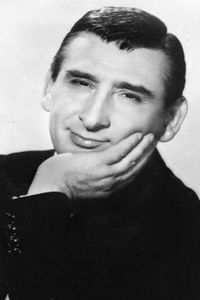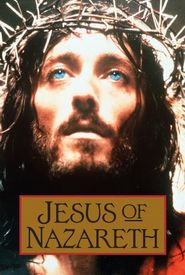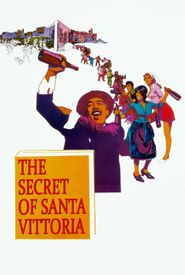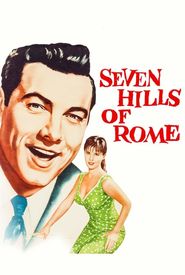Renato Rascel, a multifaceted individual, entered this world on April 27, 1912, in the picturesque city of Turin, situated in the picturesque region of Piedmont, Italy.
As an accomplished actor and composer, Rascel left an indelible mark on the world of entertainment, with his notable works including the 1952 film "The Overcoat", the 1969 cinematic masterpiece "The Secret of Santa Vittoria", and the 2007 critically acclaimed film "Zodiac".
Throughout his life, Rascel was blessed with the love and companionship of three remarkable women: Giuditta Saltarini, Huguette Cartier, and Tina De Mola.
Sadly, Renato Rascel's remarkable journey came to an end on January 2, 1991, in the eternal city of Rome, located in the region of Lazio, Italy.

















